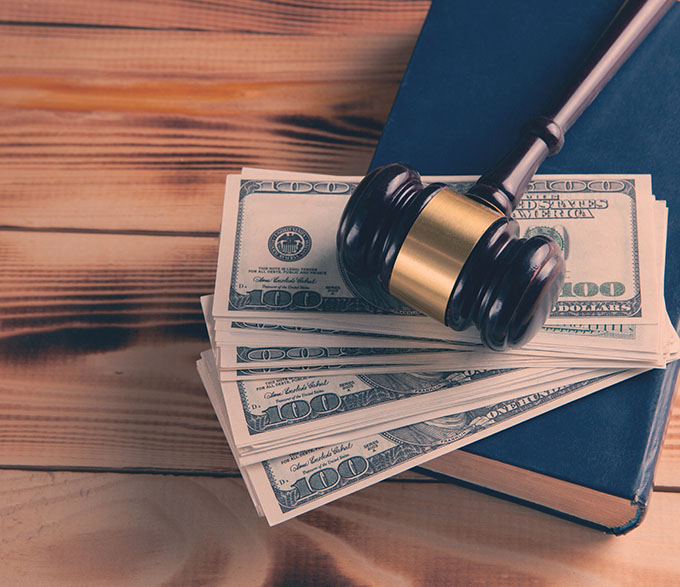Applying for Bail in the Supreme Court (WA)
Applying for Bail in the Supreme Court (WA)
When a person is charged with criminal offences in Western Australia, they may be granted bail or remanded in custody. Decisions about bail are made under the Bail Act 1982. An accused may be granted bail by the police or by a court. While the majority of bail applications are made in the Magistrates Court, in some cases a person may need to consider applying for bail in the Supreme Court. This page deals with Supreme Court bail in WA.
When does the Supreme Court grant bail?
An accused may apply for bail in the Supreme Court in the following situations:
- Where they are facing charges that have been committed to the Supreme Court for finalisation on indictment;
- Where they have been refused bail by a magistrate or judge and are seeking a review of that decision;
- Where they have lodged an appeal against a sentence or verdict delivered in the Magistrates Court and the appeal is to be heard in the Supreme Court.
Discretion as to bail
In Western Australia, when an adult is in custody and has not yet been found guilty of an offence, the court has a discretion as to whether to grant or refuse bail. The court must exercise that discretion, taking into account the following factors:
- Whether the accused, if released, may fail to appear at court, commit an offence, endanger the safety of a person or interfere with witnesses or obstruct the course of justice;
- Whether the accused needs to be held in custody for their own protection;
- Whether the prosecution opposes bail
- Whether the proper conduct of the trial will be prejudiced if the accused is not in custody;
- Whether there are bail conditions that could allay any concerns the court has about releasing the accused.
Bail conditions
A court may impose bail conditions to address any concerns it has about releasing a person. These conditions must not be any more onerous than is required in the public interest (section 17, Bail Act).
Bail conditions may include that the accused live at a specified address, report to the local police at certain times, refrain from contacting certain people (such as alleged victims or co-offenders) or that a bail surety agree to forfeit a sum of money if bail is breached.
Bail sureties
A bail surety is a person who agrees to forfeit money if the accused does not attend court to answer their bail. If the accused fails to attend court and does not have a reasonable excuse, the person who agreed to be bail surety will be required to attend court to show why they should not forfeit the money. However, a surety is not liable if the accused breaches other conditions of their bail.
When a person agrees to provide security for a person’s bail, they must show that they have sufficient money or assets to pay the surety amount if required. Proof of ownership of real estate, a car, or funds in the bank will be required.
On rare occasions, a surety may be required to deposit the surety amount.
When a person is proposed as a bail surety, the court will consider whether they are suitable. It will consider their financial situation, whether they have a criminal record and whether they have outstanding fines.
Breach of bail
Section 51 of the Bail Act makes it an offence for a person to fail to come to court to answer their bail. This offence is punishable by a fine of up to $10,000 or imprisonment for up to three years.
A person who breaches bail may also have their bail revoked and be remanded in custody until their matter is finalized.
Breaches of bail are also recorded on a person’s bail record. They are taken into account if the person applies for bail again in the future.
Appeals to the Court of Appeal
If a person is refused bail by the Supreme Court, they may appeal the decision to the Court of Appeal. This must be done within 21 days of the decision.
If you require legal advice or representation in any legal matter, please contact Go To Court Lawyers.

Affordable Lawyers
Our Go To Court Lawyers will assist you in all areas of law. We specialise in providing legal advice urgently – at the time when you need it most. If you need a lawyer right now, today, we can help you – no matter where you are in Australia.How It Works




1. You speak directly to a lawyer
When you call the Go To Court Legal Hotline, you will be connected directly to a lawyer, every time.

2. Get your legal situation assessed
We determine the best way forward in your legal matter, free of charge. If you want to go ahead and book a face-to-face appointment, we will connect you with a specialist in your local area.

3. We arrange everything as needed
If you want to go ahead and book a fact-to-face appointment, we will connect you with a specialist in your local area no matter where you are and even at very short notice.













